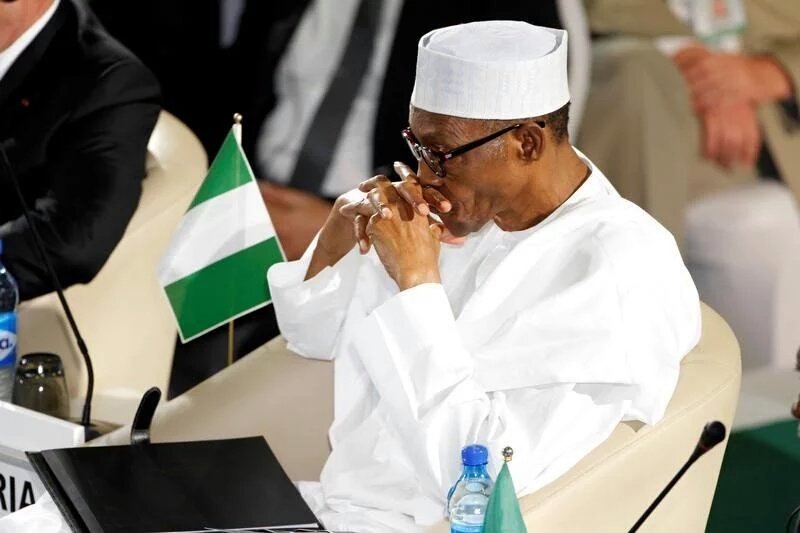President Muhammadu Buhari appears to be at crossroads of reform policies in the oil sector of the nigerian economy. After years of abandoning the refineries in the country declared to be performing below optimum capacity, the Federal Executive Council (FEC) on Wednesday approved $1.5 billion for the rehabilitation of the refinery in Port Harcourt, Rivers State, with a mandate for immediate commencement of work.
The approval was made as the Nigerian government has been thrown inti a difficult situation of managing rising price of crude oil in the international in relation to the pricing of petrol price per litre in the country which is being imported into the country. All the refineries in Nigeria were shut down under the guise they were performing below optimum capacity and the cost of maintenance was high.
The Minister of State for Petroleum Resources, Timipre Sylva, in a media interaction at the State House after the FEC meeting on Wednesday in Abuja, indicated that the rehabilitation will be carried out in three phases.
He said that the first phase will be completed in 18 months which takes the refinery to a production of 90 per cent of its capacity, the second phase will be completed in 24 months, while the final phase will be completed in 44 months.
The minister revealed that the FEC approved a foreign contractor, an Italian E and EPC company, which won the bid to handle the rehabilitation project.
The Minister noted that maintenance has been a recurring challenge for the nation’s refineries; he disclosed that a professional will be recruited to manage the refinery after the rehabilitation.
The Minister of Health, Dr. Osagie Ehanire, also said that FEC approvers a memo for the sum of ₦3.70 billion for supply of various equipment to strengthen the Nigeria Centre for Disease Control (NCDC) in the federation in order build capacity to respond effectively not only to COVID-19 issues but to other diagnostic issues.
The federal government has been inconsistent in deciding whether refineries in Nigeria should function or be ignored while the government continues to import refined petroleum products after export of crude oil.

 Latest5 days ago
Latest5 days ago
 Trends6 days ago
Trends6 days ago
 Business1 week ago
Business1 week ago
 Football1 week ago
Football1 week ago
 Football7 days ago
Football7 days ago
 Health1 week ago
Health1 week ago
 Business1 week ago
Business1 week ago
 Football1 week ago
Football1 week ago

